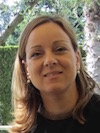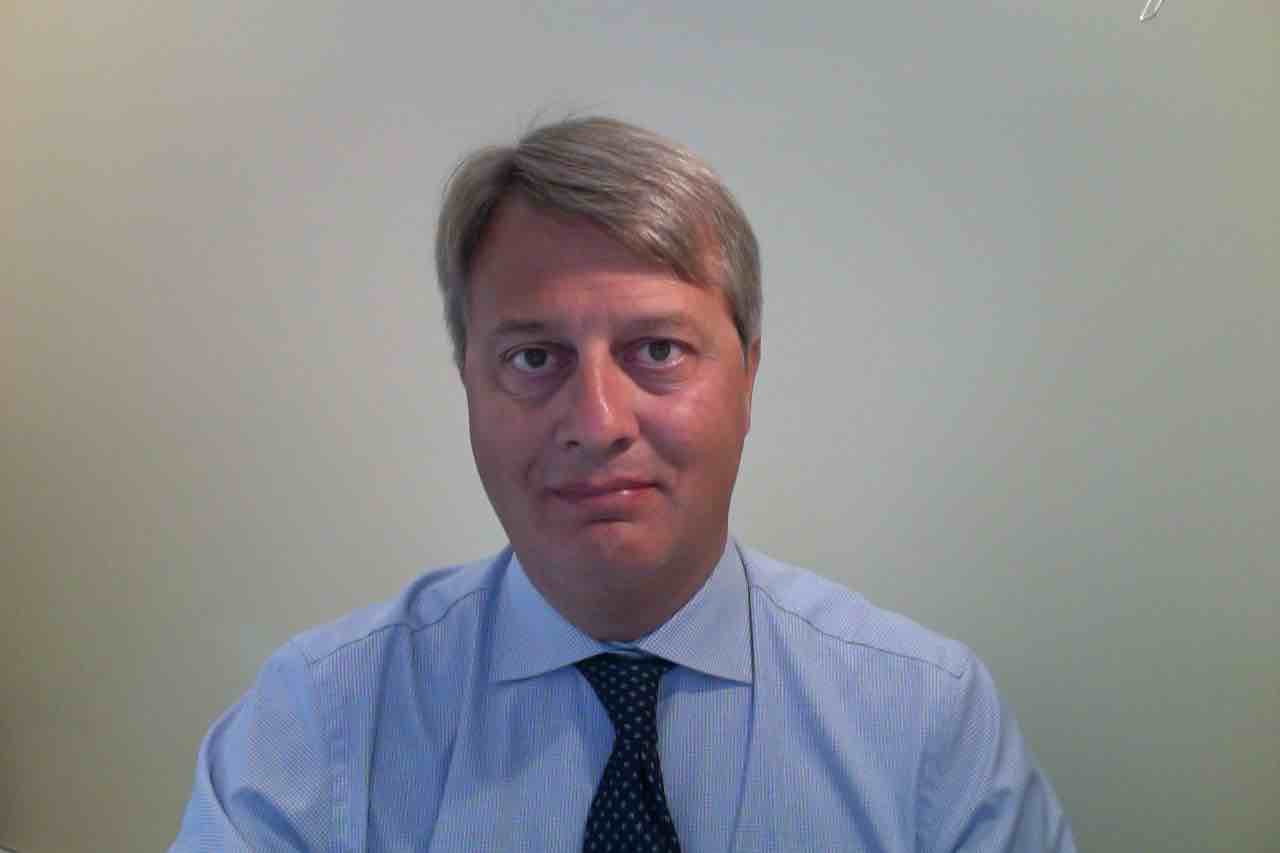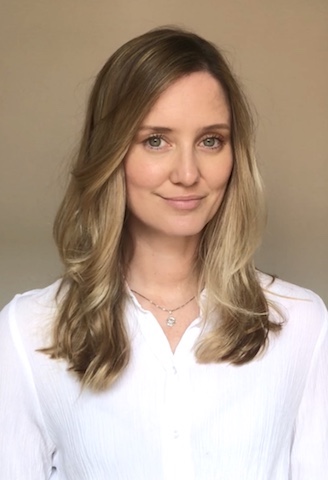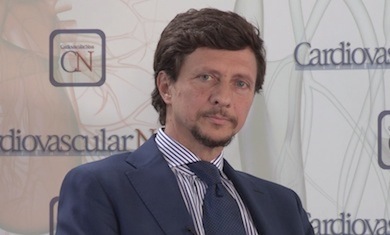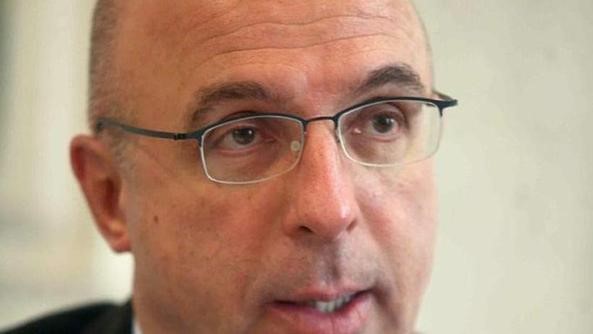Studying at the University of Verona
Here you can find information on the organisational aspects of the Programme, lecture timetables, learning activities and useful contact details for your time at the University, from enrolment to graduation.
Academic calendar
The academic calendar shows the deadlines and scheduled events that are relevant to students, teaching and technical-administrative staff of the University. Public holidays and University closures are also indicated. The academic year normally begins on 1 October each year and ends on 30 September of the following year.
Course calendar
The Academic Calendar sets out the degree programme lecture and exam timetables, as well as the relevant university closure dates..
| Period | From | To |
|---|---|---|
| Lezioni 1 Semestre PERF | Oct 1, 2018 | Dec 21, 2018 |
| Lezioni 2 Semestre PERF | Mar 4, 2019 | May 11, 2019 |
Exam calendar
Exam dates and rounds are managed by the relevant Medicine Teaching and Student Services Unit.
To view all the exam sessions available, please use the Exam dashboard on ESSE3.
If you forgot your login details or have problems logging in, please contact the relevant IT HelpDesk, or check the login details recovery web page.
Should you have any doubts or questions, please check the Enrollment FAQs
Academic staff
Arici Cecilia
 cecilia.arici@univr.it
cecilia.arici@univr.it
 + 39 045 812 8266
+ 39 045 812 8266
 corinnabergamini@libero.it
corinnabergamini@libero.it
 giuseppe.faggian@univr.it
giuseppe.faggian@univr.it
 marco.ferdeghini@univr.it
marco.ferdeghini@univr.it
 045 812 47 84 (Segreteria) 045 802 74 89 (Segreteria di Istituto)
045 812 47 84 (Segreteria) 045 802 74 89 (Segreteria di Istituto)
Messa Michele Giuseppe
 anja.meyer@univr.it
anja.meyer@univr.it
 bruno.sandini@aulss8.veneto.it
bruno.sandini@aulss8.veneto.it
 rocco.tabbi@aovr.veneto.it
rocco.tabbi@aovr.veneto.it
 ruggero.tomei@alice.it
ruggero.tomei@alice.it
Study Plan
The Study Plan includes all modules, teaching and learning activities that each student will need to undertake during their time at the University.
Please select your Study Plan based on your enrollment year.
1° Year
| Modules | Credits | TAF | SSD |
|---|
2° Year activated in the A.Y. 2019/2020
| Modules | Credits | TAF | SSD |
|---|
3° Year activated in the A.Y. 2020/2021
| Modules | Credits | TAF | SSD |
|---|
| Modules | Credits | TAF | SSD |
|---|
| Modules | Credits | TAF | SSD |
|---|
| Modules | Credits | TAF | SSD |
|---|
Legend | Type of training activity (TTA)
TAF (Type of Educational Activity) All courses and activities are classified into different types of educational activities, indicated by a letter.
Biological and biochemical sciences - BIOLOGIA APPLICATA (2018/2019)
Teaching code
4S000166
Teacher
Credits
2
Language
Italian
Scientific Disciplinary Sector (SSD)
BIO/13 - EXPERIMENTAL BIOLOGY
Period
Lezioni 1 Semestre PERF dal Oct 1, 2018 al Dec 21, 2018.
To show the organization of the course that includes this module, follow this link: Course organization
Learning outcomes
The course purposes are:
• to provide basic knowledge about structural, functional and molecular principles of living organisms, in an evolutionary view of life
• to provide basic knowledge on the fundamental concepts of genetics and transmission of hereditary characters in humans, even through specific examples of genetic defects.
At the end of the course, students should demonstrate to have acquired the knowledge for basic mechanisms which regulate intra/intercellular activities, cellular interactions and reproduction, and cause mutations. They should also demonstrate to be familiar with Mendelian genetics and particularly with pathologic trait in humans. Moreover, students should demonstrate their capability to expose reasoning in a critical and precise manner using appropriate scientific language.
Program
• Characteristics of the living beings
• Chemistry of living organisms and biological molecules
• prokaryotic and eukaryotic cell: organization of the cell; internal membranes and compartmentalization; organelles, characteristics and functions: nucleus, ribosomes, RER, REL, Golgi, lysosomes, peroxisomes, cytoskeleton, cell wall, extracellular matrix. Animal and plant cells. Mitochondria and plastids (chloroplasts, amyloplasts, chromoplasts) and endosymbiont theory.
• Biological membranes: structure and proposed models; passage of materials across cell membranes: passive transport (facilitated diffusion and simple), osmosis, directly and indirectly active transport, co-transport. Exocytosis and endocytosis. Anchoring, tight and gap cell junctions in animal and plant cells.
• Cell communication: types of cellular communication: endocrine, paracrine, autocrine and iuxtacrine. Sending and receiving the signal.
• Organization of DNA in chromosomes, mitosis and meiosis. DNA and proteins, nucleosomes, heterochromatin, euchromatin, chromosome condensation. The cell cycle and its regulation. Mitosis, meiosis and sexual reproduction
• DNA and its role in heredity. DNA structure and replication.
• Gene expression: transcription, genetic code and translation. Gene definition.
• DNA mutations and mutagenesis
• Hereditary character transmission and Mendel’s laws; definition of phenotype, genotype, locus, gene, dominant and recessive allele, homozygosity and heterozygosity. Segregation and independent assortment. Independence and association. Crossing-over and recombination. Genetic determination of sex. Gene interactions. Incomplete dominance, condominance, multiple alleles, epistasis and polygeny.
• The human genome: karyotype analysis and pedigrees; autosomal recessive, autosomal dominant, X-linked diseases.
DIDACTIC METHOD
Attendance to lessons is mandatory.
Teaching methods consist of frontal lessons. In addition to the suggested texts, additional didactic supports are offered on the e-learning platform of the course.
Students can make an appointment directly with the teacher every time they need it throughout the academic year, by email.
| Author | Title | Publishing house | Year | ISBN | Notes |
|---|---|---|---|---|---|
| Roberti, Antognelli, Bistocchi, Talesa | Biochimica e Biologia per le professioni sanitarie (Edizione 2) | McGraw-Hill | 2013 | ||
| Solomon, Martin, Martin, Berg | Elementi di Biologia (Edizione 7) | EdiSES | 2017 | 978-88-7959-938-2 | |
| Sadava et al. | Elementi di Biologia e genetica | Bologna, Zanichelli | 2014 |
Examination Methods
To pass the Biology module the students must demonstrate they acquired the comprehension and the knowledge of the program topics. Furthermore, they must show the capability to expose their reasoning in a critical and precise manner and using appropriate scientific language.
6 examination sessions are foreseen in the whole Academic Year: 2 in the Winter Session after the Course ending, 2 in the Summer Session, and 2 in the Autumn session.
The Biology module exam is a written test based on the topics of the entire course. In particular, it consists of 13 multiple choice questions, plus 2 open questions.
The Biology module exam is considered passed if the vote is at least 18/30. It remains valid during the whole Academic Year (i.e. within the autumn session). Students can retire or refuse the proposed mark.
Career prospects
Module/Programme news
News for students
There you will find information, resources and services useful during your time at the University (Student’s exam record, your study plan on ESSE3, Distance Learning courses, university email account, office forms, administrative procedures, etc.). You can log into MyUnivr with your GIA login details: only in this way will you be able to receive notification of all the notices from your teachers and your secretariat via email and soon also via the Univr app.
Graduation
Documents
| Title | Info File |
|---|---|
|
|
pdf, it, 89 KB, 20/11/23 |
Gestione carriere
Orario Lezioni
Documents
| Title | Info File |
|---|---|
|
|
pdf, it, 256 KB, 15/04/24 |
|
|
pdf, it, 194 KB, 03/04/24 |
|
|
pdf, it, 186 KB, 04/04/24 |
Appelli d'esame
in questa pagina verranno pubblicati i calendari degli esami del Corso di Laurea
Documents
| Title | Info File |
|---|---|
|
|
pdf, it, 128 KB, 16/04/24 |



